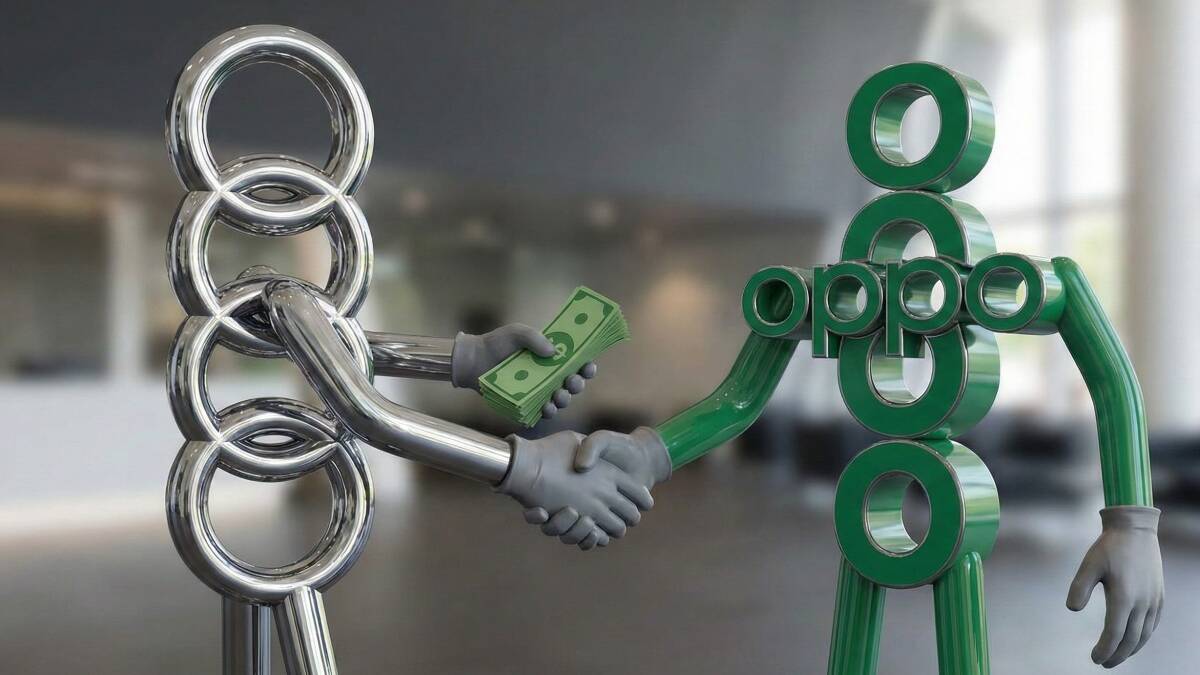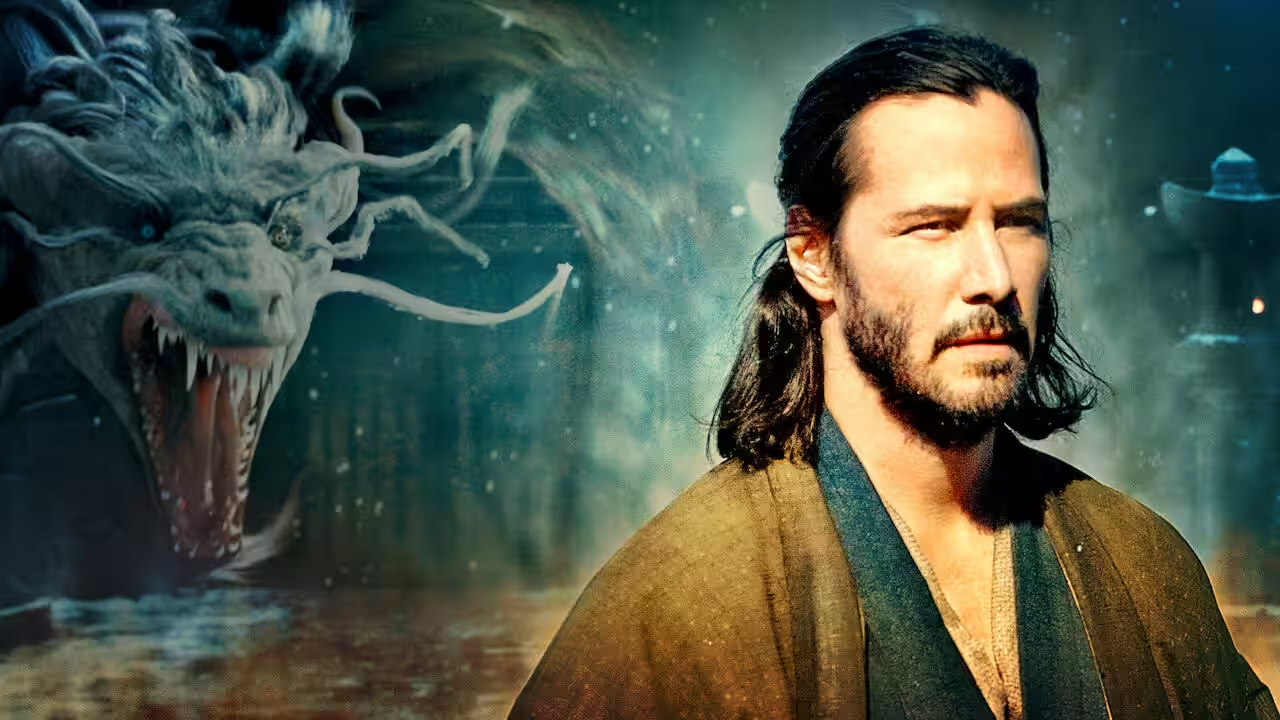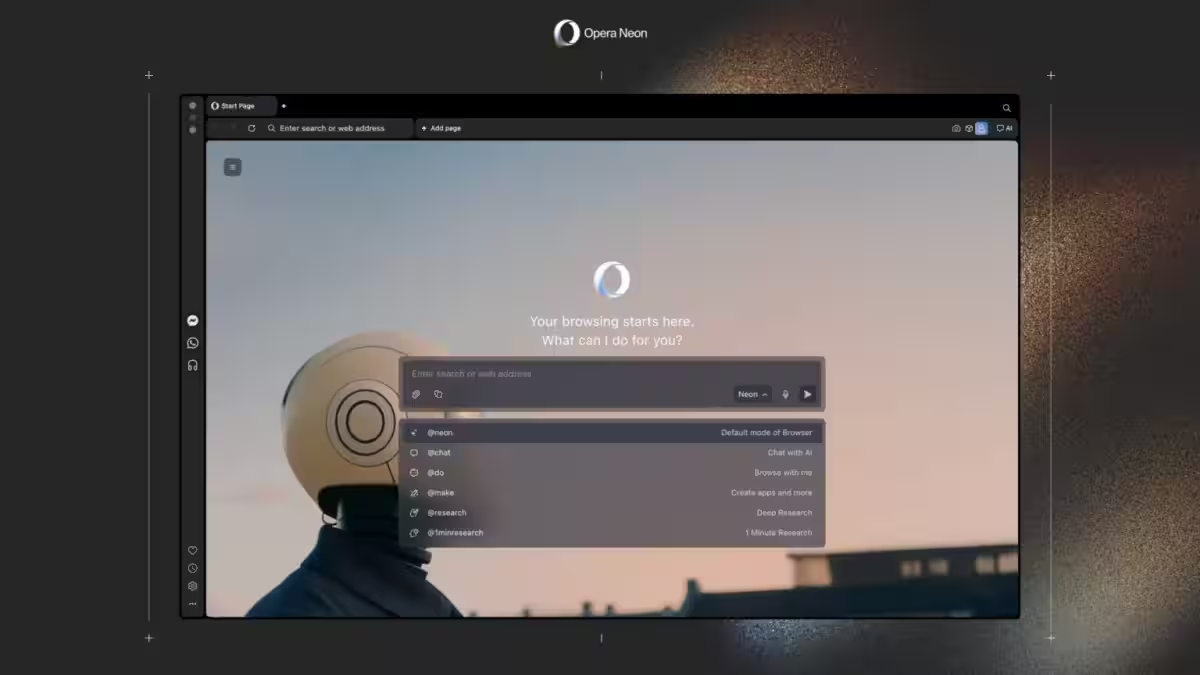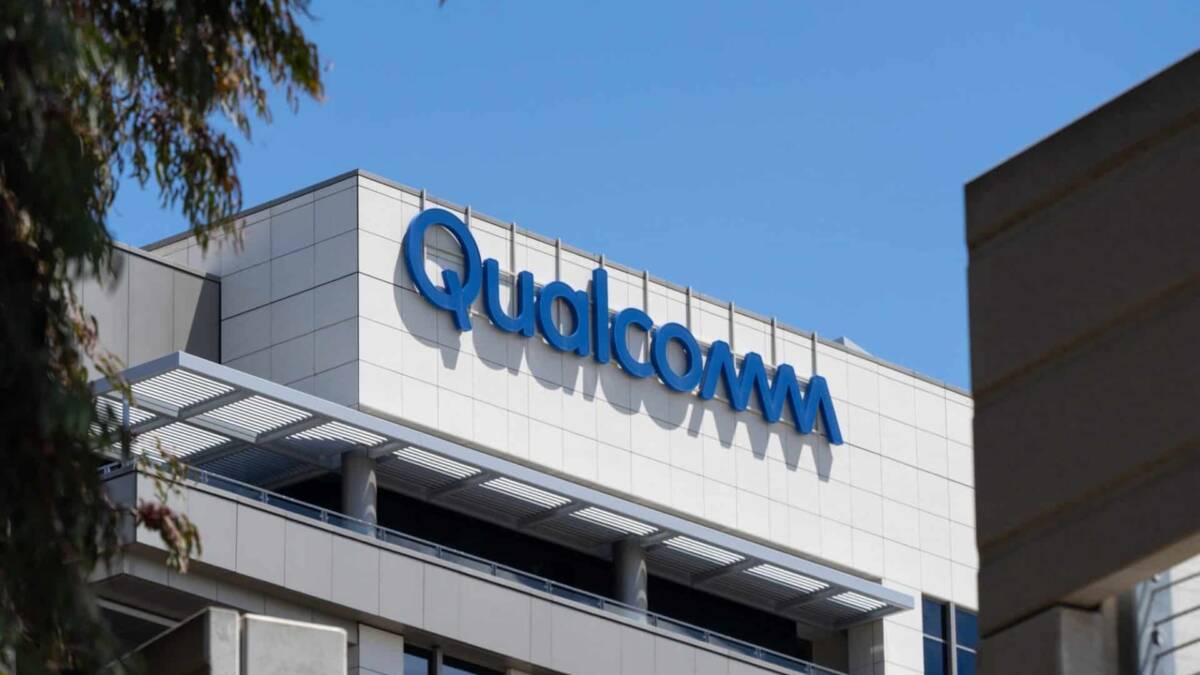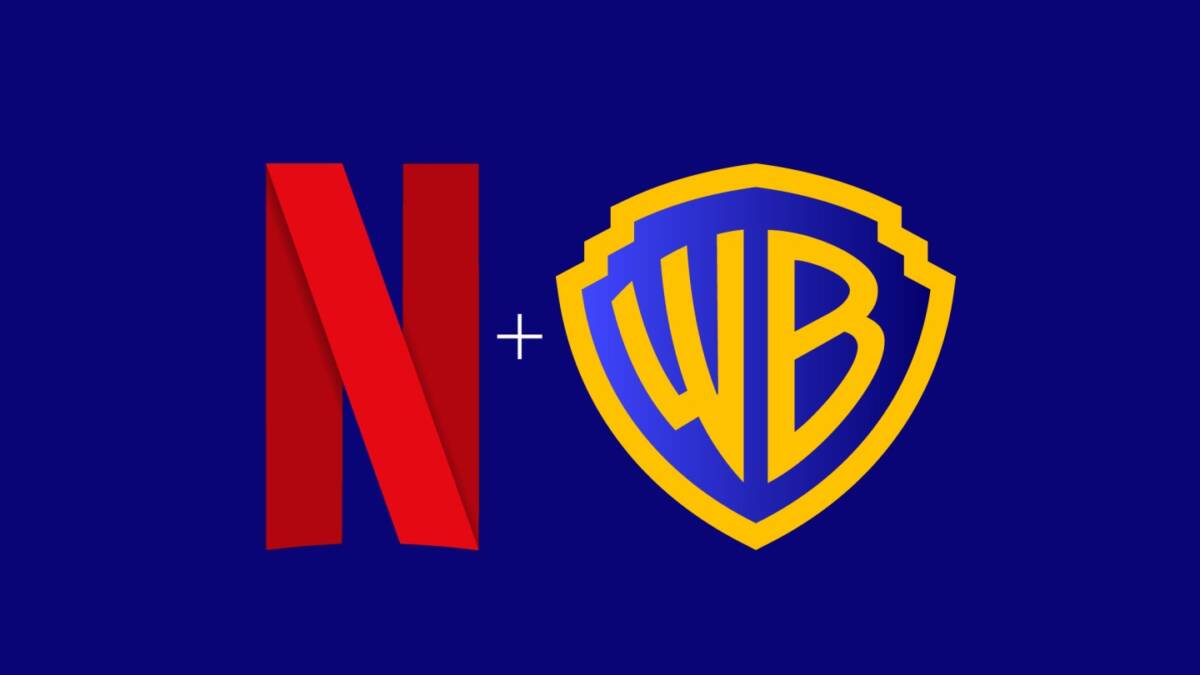OpenAI accidentally deleted key evidence in copyright infringement case
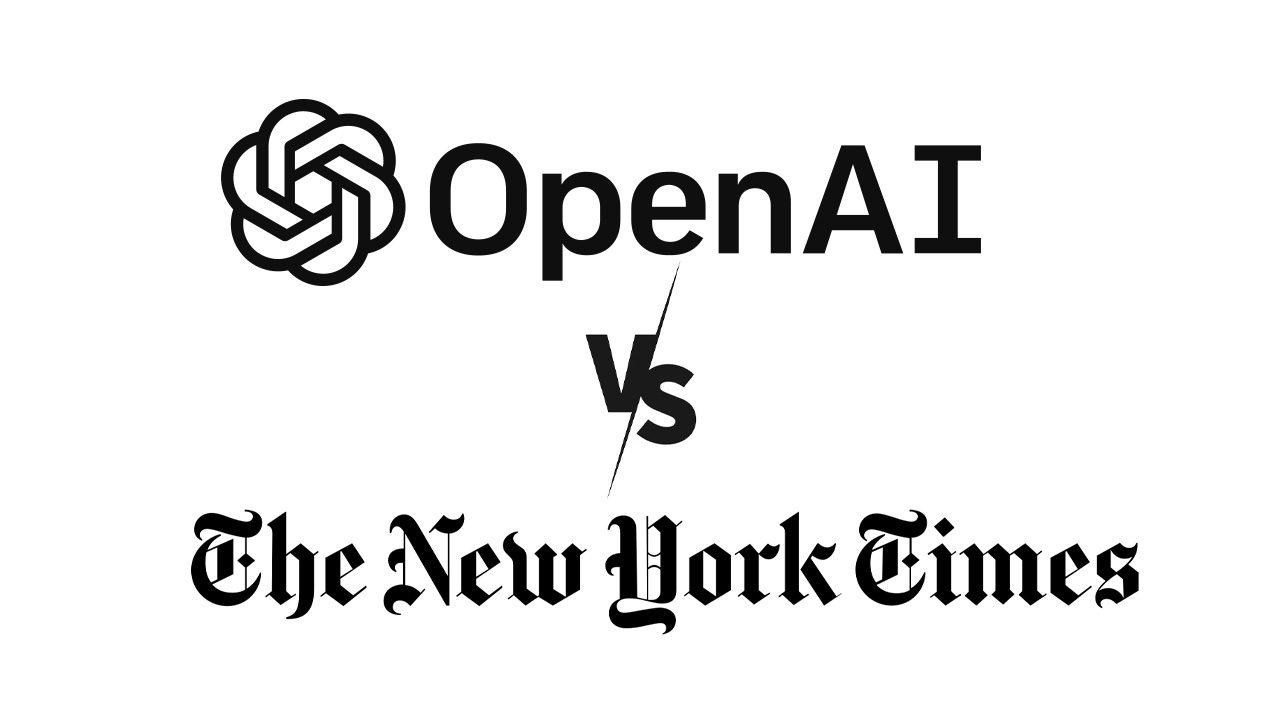
In an unexpected turn of events, OpenAI has admitted that it accidentally deleted important evidence that played a key role in a lawsuit with The New York Times and other major publications. That lawsuit concerns allegations of using articles to train AI without authorization, which the plaintiffs say resulted in billions of dollars in damages.
The New York Times and other major publications.
Incident Details
.
- Data Deletion: The publications’ lawyers claim to have spent more than 150 hours reviewing OpenAI’s training data to find uses for their articles. However, OpenAI engineers reportedly accidentally deleted the data, rendering the results of the investigation incomplete and useless for the legal case.
- Recovery attempts: OpenAI acknowledged the error and attempted to recover the deleted data. However, the recovered materials were incomplete and unreliable.
- Recovery attempts.
- Was it intentional: The company called the incident «a failure» and Times attorneys said they saw no evidence of intent.
.
.
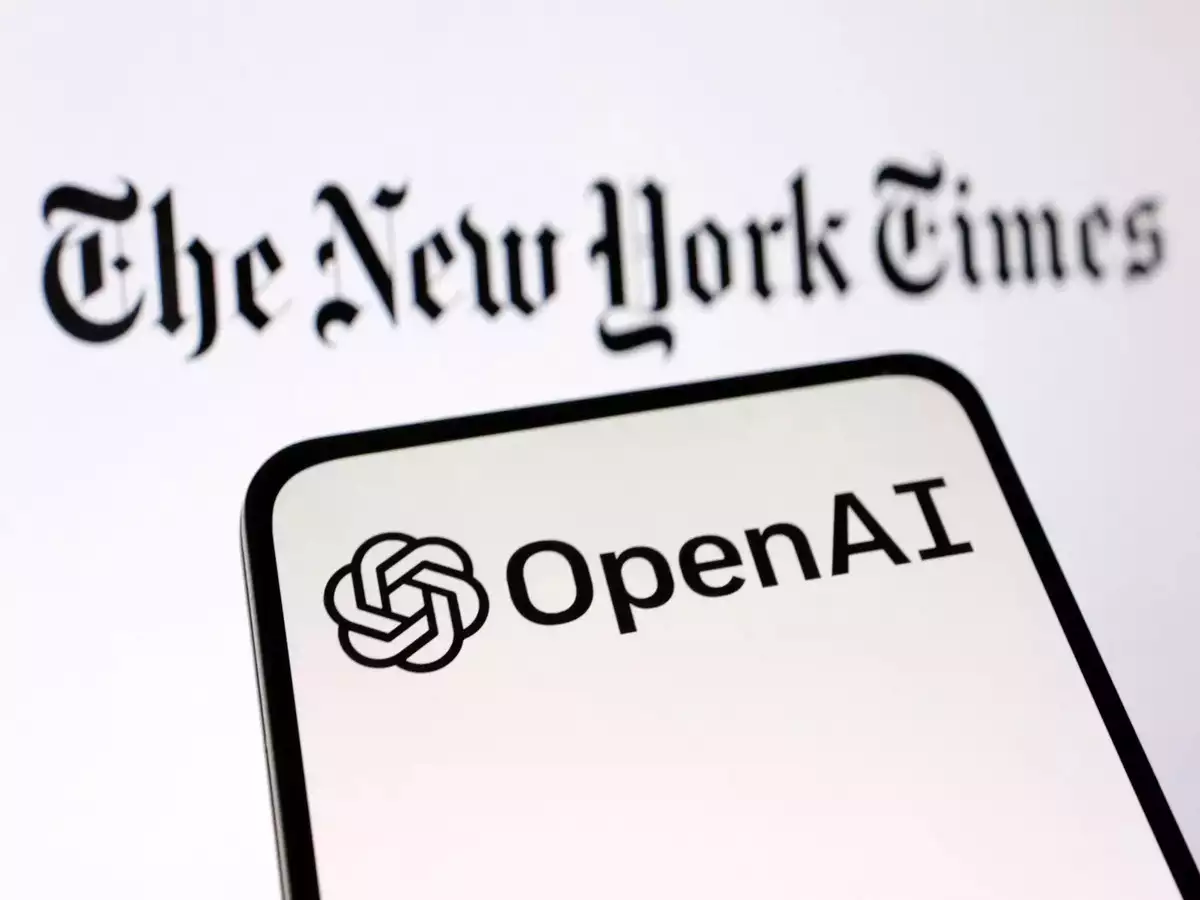
Summary of the lawsuit
- Obuse: The New York Times alleges that OpenAI and its partner Microsoft used millions of copyrighted articles to train their AI models. This, the plaintiffs argue, creates direct competition to their business.
- Claims: The publication is seeking billions of dollars in compensation from OpenAI for allegedly illegal use of the content.
.
.
Context
- Financial Costs: The New York Times has already spent more than 1 million dollars on legal fees. This underscores the scope of the dispute and the high bar for other publishers to consider similar lawsuits.
- Collaboration instead of conflict: OpenAI has already reached agreements with publishers such as Axel Springer, Conde Nast and Vox Media, demonstrating that many companies prefer partnerships over litigation.
.
Reactions from parties
- OpenAI: A company spokesperson stated that OpenAI disagrees with the language presented in court and intends to file its formal response shortly.
- The New York Times: The publication declined to comment on the case.
.
What does this threaten the industry?
.
This case highlights the growing tension between content creators and AI companies that use data to train their models. If the court sides with The New York Times, it could force OpenAI and other companies to rethink their approach to AI training and set clear rules for the use of copyrighted material.
The case underscores the growing tension between content creators and content creators using data to train their models.


